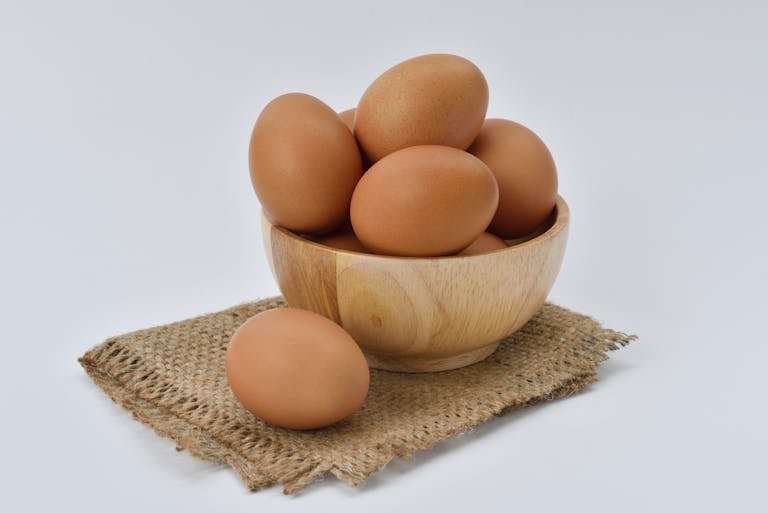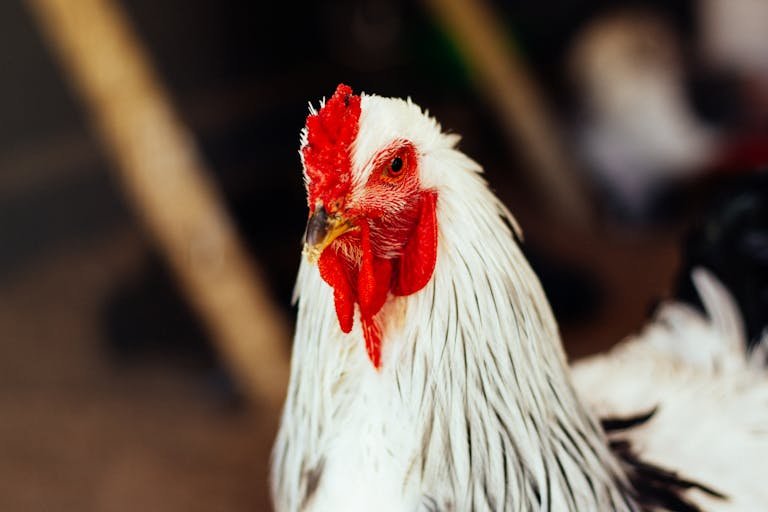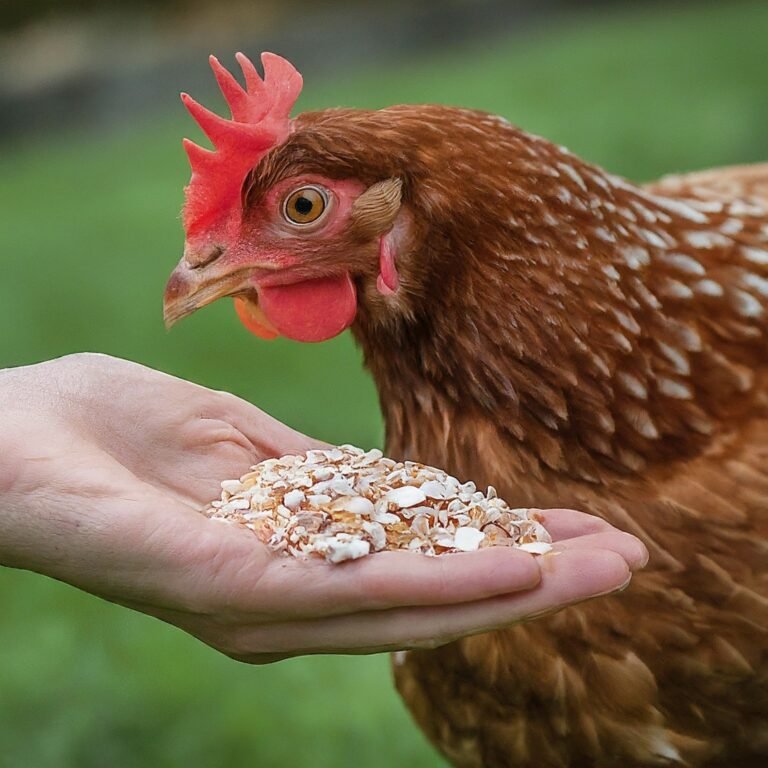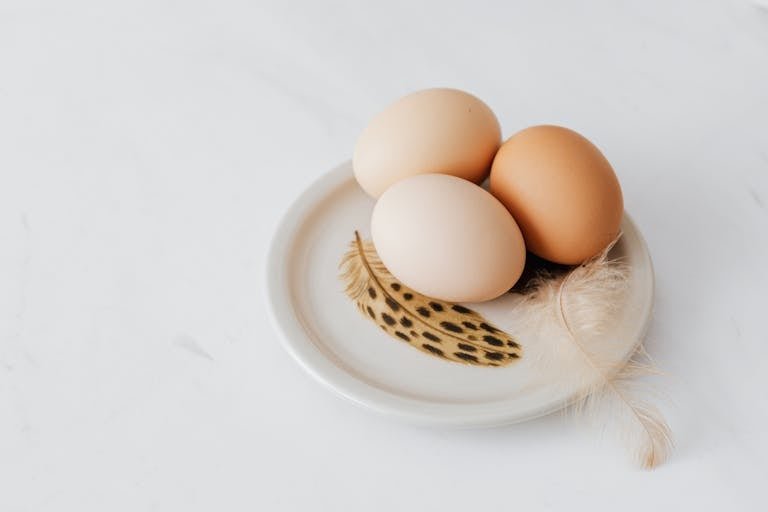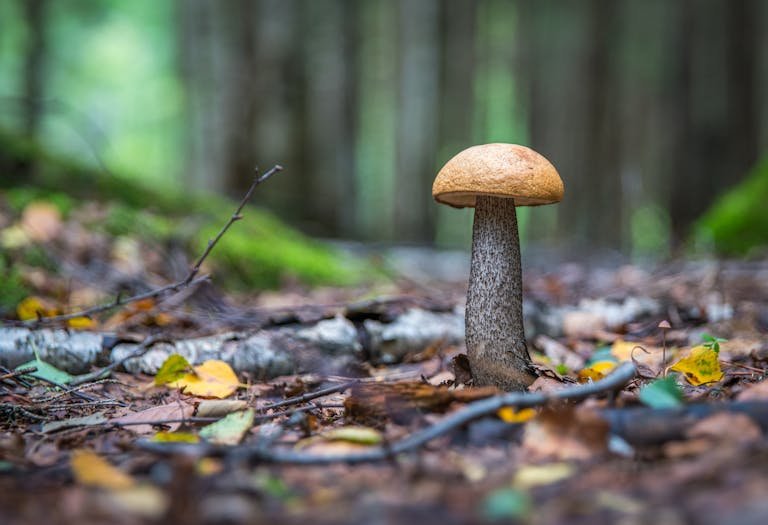Can Chickens Eat Bell Peppers? Benefits & Feeding Tips
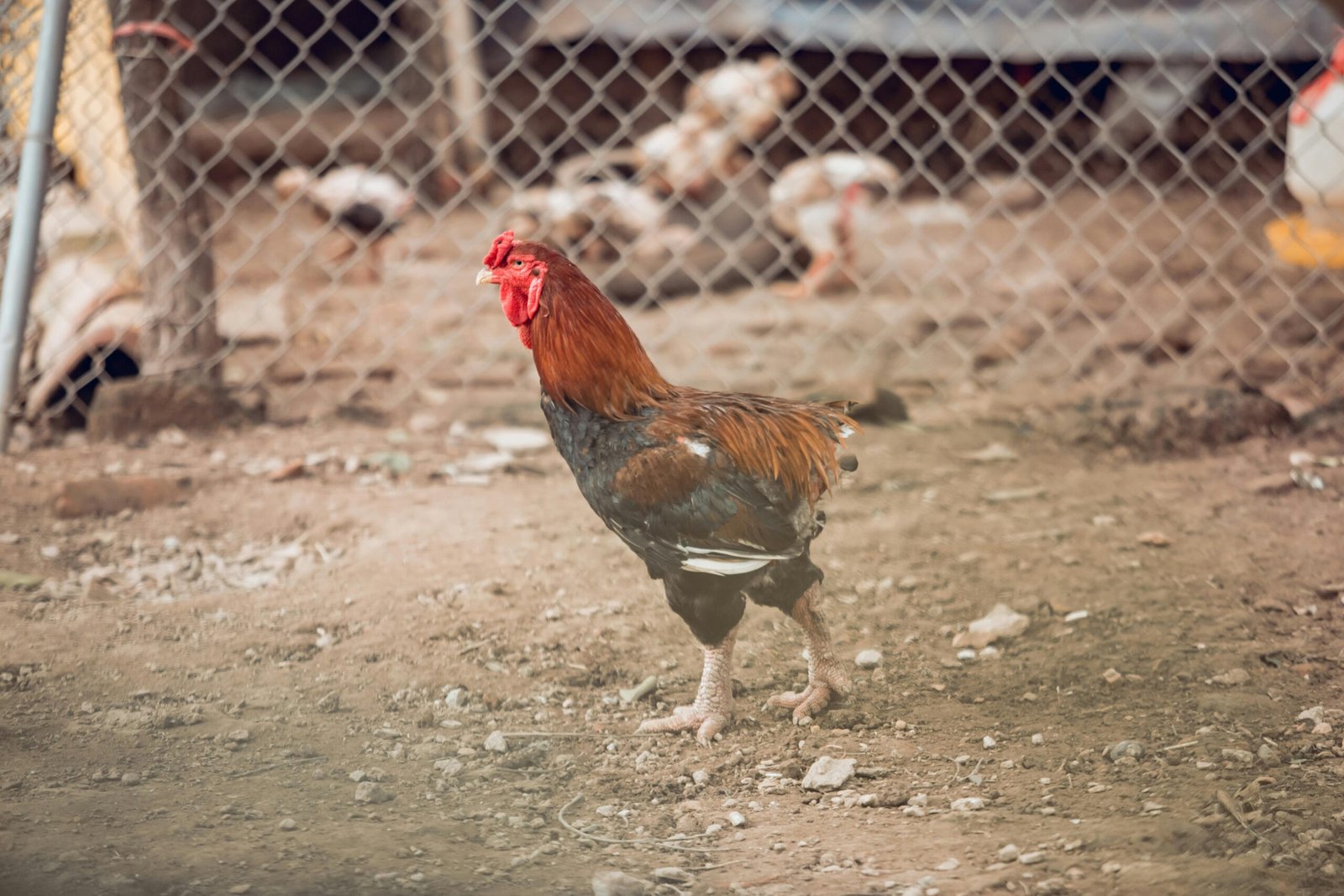
When caring for chickens, many flock owners wonder about safe and nutritious treats for their birds. One common question is: Can chickens eat bell peppers?
The answer is yes—chickens can safely enjoy bell peppers, provided they are properly prepared. In this guide, we’ll cover the benefits, precautions, and best practices for feeding bell peppers to chickens, along with practical tips and visual aids for better understanding.
Nutritional Benefits of Bell Peppers for Chickens
Bell peppers are not just vibrant and appealing; they are also packed with essential nutrients that can significantly contribute to your chickens’ overall health.
Vitamins and Minerals
One of the standout features of bell peppers is their impressive vitamin content. They are rich in:
| Nutrient | Benefit for Chickens |
|---|
| Vitamin A | Supports healthy vision, boosts immunity, and improves egg production. |
| Potassium | Regulates nerve function and muscle contractions. |
| Folate | Folate is essential for cell division and overall growth. It is particularly important for laying hens, as it aids in egg production. |
| Vitamin C | Reduces stress and enhances immune response, especially during extreme weather. |
| Vitamin K | Aids in blood clotting and strengthens bones. |
Fiber
Bell peppers are also a good source of dietary fiber. Fiber plays an important role in digestive health, helping to keep the digestive tract functioning smoothly. A fiber-rich diet can aid in preventing issues like constipation and promote regularity. This is crucial for chickens, as a healthy digestive system is essential for nutrient absorption and overall well-being.
Hydration
During the warmer months, keeping your chickens hydrated is crucial. Bell peppers have a high water content—about 92%—which can help supplement your chickens’ fluid intake. This is especially beneficial during hot weather when chickens are at risk of dehydration. Including bell peppers in their diet can help ensure they stay well-hydrated and comfortable.
Recommended: Vitamin A’s impact on egg quality and Vitamin C’s role in reducing poultry stress.
How to Feed Bell Peppers to Chickens
While bell peppers are nutritious, it’s essential to know how to prepare them properly to maximize their benefits and ensure your chickens can safely enjoy them.
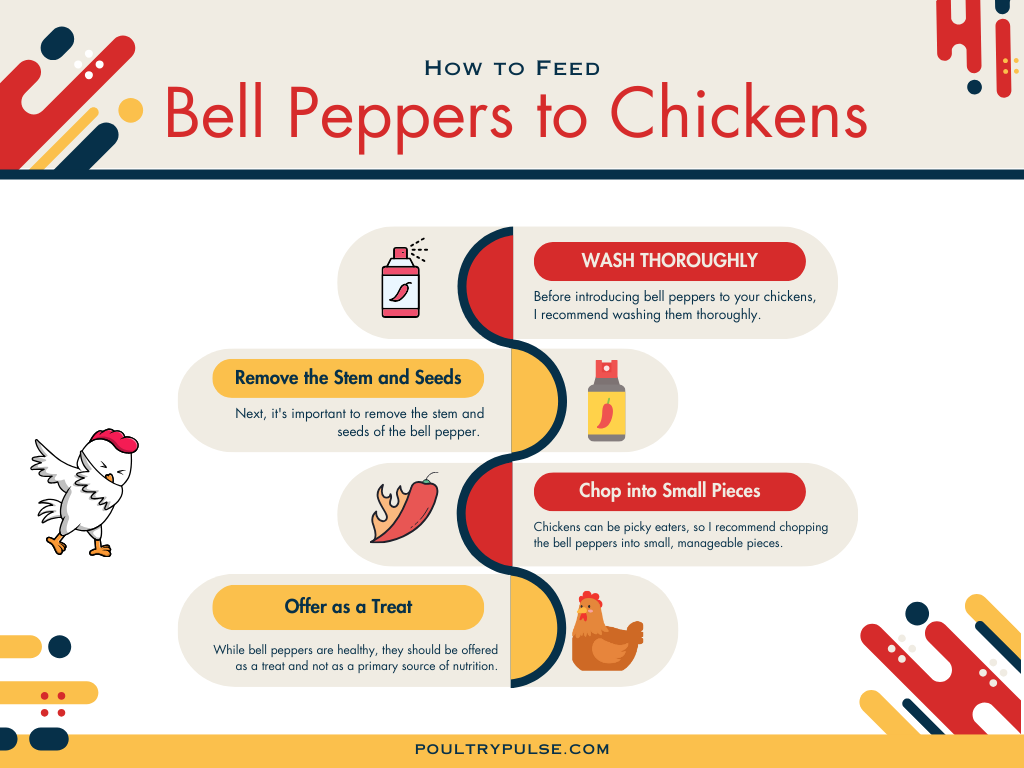
Wash Thoroughly
Before introducing bell peppers to your chickens, I recommend washing them thoroughly. This step is vital to remove any dirt, pesticides, or chemicals that may be present on the surface. A good rinse under cool running water will usually suffice. If you’re concerned about pesticide residues, consider using a produce wash or soaking them in a vinegar solution for a few minutes.
Remove the Stem and Seeds
Next, it’s important to remove the stem and seeds of the bell pepper. The stem can be tough and difficult for chickens to digest, while the seeds may have a bitter taste and could potentially lead to digestive issues. By removing these parts, you ensure that your chickens get the most out of this nutritious vegetable.
Chop into Small Pieces
Chickens can be picky eaters, so I recommend chopping the bell peppers into small, manageable pieces. This not only makes it easier for them to eat but also allows for better digestion. Small pieces can encourage pecking, which is a natural behavior for chickens, making mealtime more engaging and enjoyable.
Offer as a Treat
While bell peppers are healthy, they should be offered as a treat and not as a primary source of nutrition. Chickens thrive on a balanced diet that includes a variety of grains, protein sources, and greens. Bell peppers can be a delightful addition, but moderation is key. I usually suggest limiting treats like bell peppers to about 10% of their total diet to ensure they receive balanced nutrition.
Read Also: Are Mushroom Stems Safe for Chickens to Eat?
Safe vs. Unsafe Vegetables for Chickens
| Vegetable | Safe for Chickens? | Key Benefits | Feeding Tips |
|---|---|---|---|
| Bell Peppers | Yes | Vitamins A, C, K; hydration | Remove seeds and chop into small pieces. |
| Carrots | Yes | Fiber, beta-carotene | Serve shredded or chopped. |
| Avocado | No | Toxic (contains persin) | Avoid entirely. |
| Onions | No | Toxic (contains thiosulfate) | Remove seeds and chop them into small pieces. |
Recommended: Toxic Foods for Poultry.
Benefits of Bell Peppers in a Chicken’s Diet
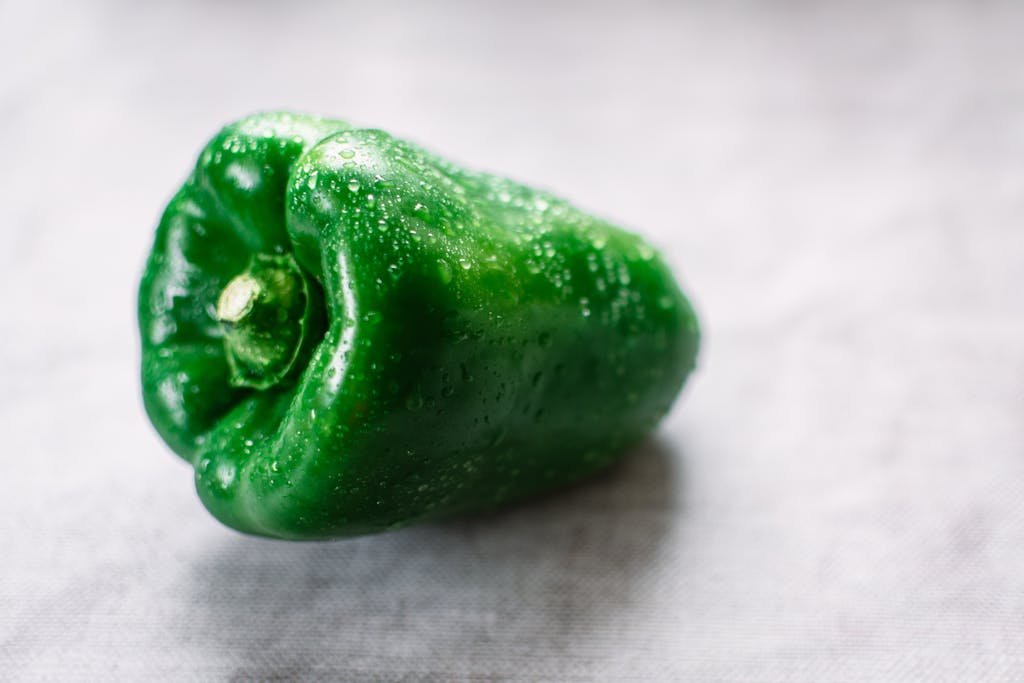
1. Boosts Egg Production
Vitamin A in bell peppers improves reproductive health, leading to healthier eggs and stronger shells.
2. Enhances Immune Function
Vitamin C acts as an antioxidant, protecting chickens during stressful conditions like heatwaves or molting.
3. Supports Bone Health
Vitamin K strengthens bones, reducing the risk of fractures in older chickens.
4. Improves Digestive Health
Dietary fiber ensures smoother digestion and prevents constipation.
5. Aids Hydration
The high water content in bell peppers helps chickens stay hydrated during hot weather.
Precautions When Feeding Bell Peppers
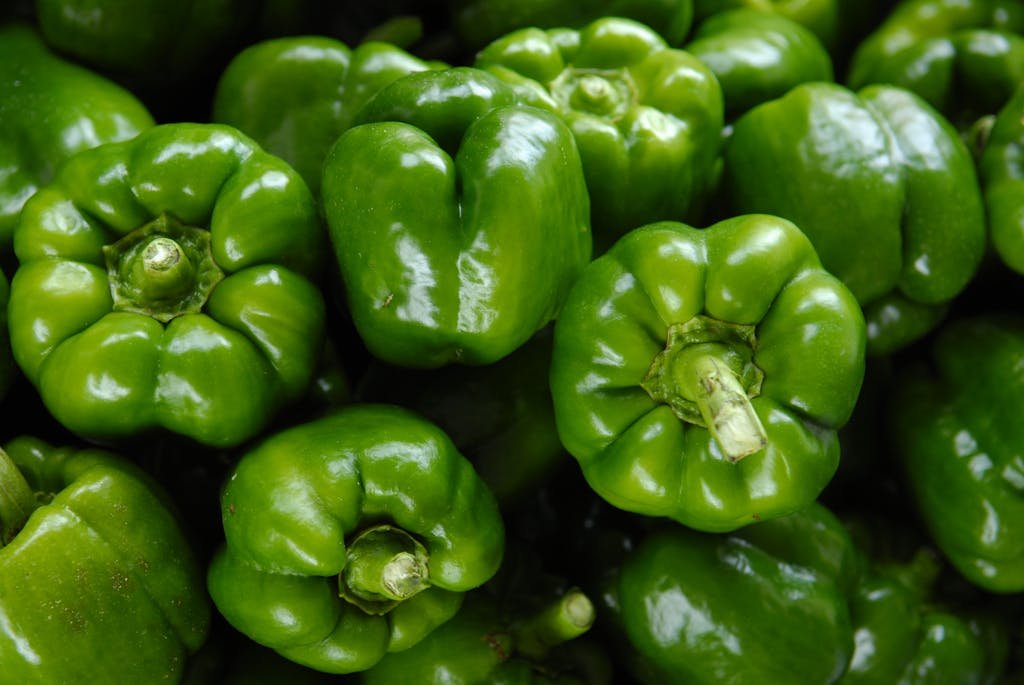
1. Avoid Overfeeding
- Risk: Excessive bell peppers can lead to nutrient imbalances or digestive upset.
- Solution: Offer as a treat, not as a primary food source.
2. Monitor Chickens for Reactions
Watch for signs of digestive discomfort, such as loose stools, after introducing bell peppers.
3. Avoid Spoiled Peppers
Do not feed moldy or overripe peppers, as they can harm chickens.
If diarrhea occurs after feeding bell peppers, pause and observe your flock before reintroducing them in smaller amounts.
FAQs
- Can chickens eat bell pepper seeds?
No, seeds may cause mild digestive discomfort and should be removed. - Are all bell pepper colors equally nutritious?
Yes, but red bell peppers contain the highest levels of Vitamin A. - How often can I feed bell peppers?
Twice a week as part of a balanced diet is sufficient. - Can baby chicks eat bell peppers?
Only in very small amounts, finely chopped, after six weeks of age. - What other vegetables are good for chickens?
Carrots, zucchini, and leafy greens are excellent options.
Final Words
Bell peppers are a safe, healthy treat that can benefit your flock when prepared properly. Packed with vitamins, minerals, and hydration, they add variety and nutrition to your chickens’ diet.
Pick up some fresh, pesticide-free bell peppers and introduce them to your flock this week. Observe their reaction and enjoy watching them savor this colorful snack.
Explore more chicken care tips in our “How to Keep Snakes Out of the Hen House” or join our community at Poultry Pulse for expert advice.
